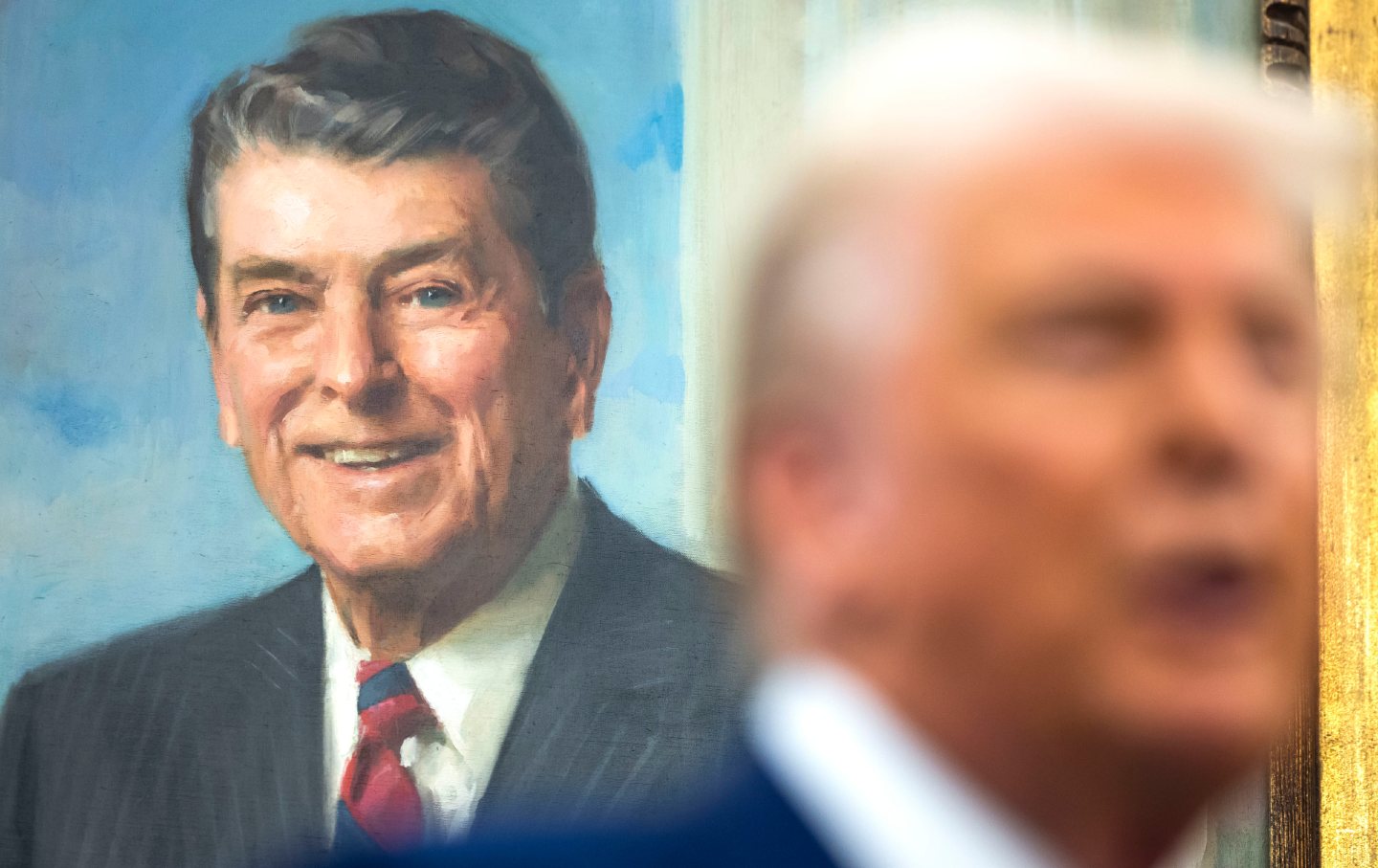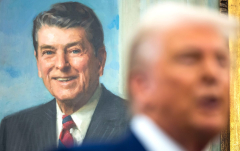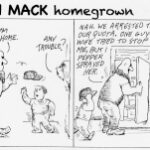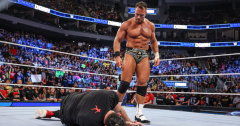Politics
/
August 7, 2025
In contrast with the now sober-seeming Reaganites, Trump has taken credit for the economy from day one.

In the winter and spring of 1981, Ronald Reagan took office and pushed through a massive tax cut, domestic spending cuts and military spending increases—a supply-side revolution, while Federal Reserve Chair Paul Volcker jacked up interest rates. By summer, the economy was heading toward recession, and my boss, chairman Henry Reuss of the Joint Economic Committee, began demanding to know whether the new administration took responsibility. “Oh no!” they replied, “Our program hasn’t taken effect!”
The parallels with 2025 are more apparent than real. The CBO projects that Trump’s tax cut will add $4.1 trillion to the national debt—but that’s only based on the absurd premise that the 2017 tax cuts would otherwise expire. In reality, the tax bill was a relatively small change to the status quo. Spending cuts are a serious blow to Medicaid and SNAP, but small in relation to the economy. Likewise military increases. Deregulation is more serious, but the effects—for instance, on the environment—will take time to show up. Interest rates are high, but 5 percent isn’t 20.
And there are tariffs. Reagan’s administration was free trade in principle, protectionist when convenient. Trump’s is highly protectionist in principle, but open to pressure from the real world, which is why final diktats on China and on Mexico keep being delayed. His tariffs will permit some American producers to raise prices and profits (good for jobs, bad for consumers) except where they disrupt critical supply chains. That these are now ubiquitous—think gallium, germanium, rare-earth magnets—is something Trump’s people and the Pentagon are finding out.
In contrast with the now sober-seeming Reaganites, Trump has taken credit for the economy from day one. This is in line with his general worldview, but also with the trend toward magical thinking in economics since the 1980s. The hyperpersonalization of economic policy (Clintonomics, Bidenomics) has deepened greatly since then, imbuing each president with mysterious powers rooted in the force of personality and supposedly distinctive ideas. But it is a two-edged sword, as Trump





